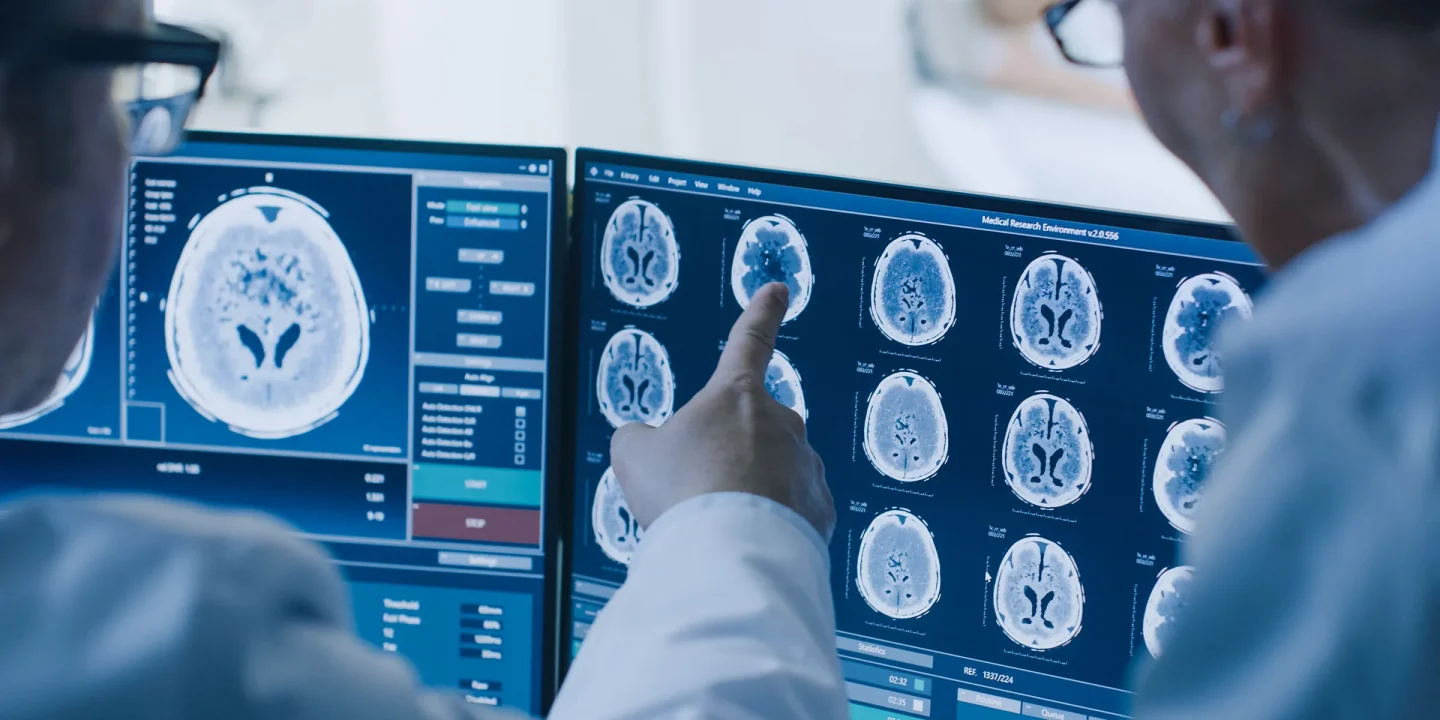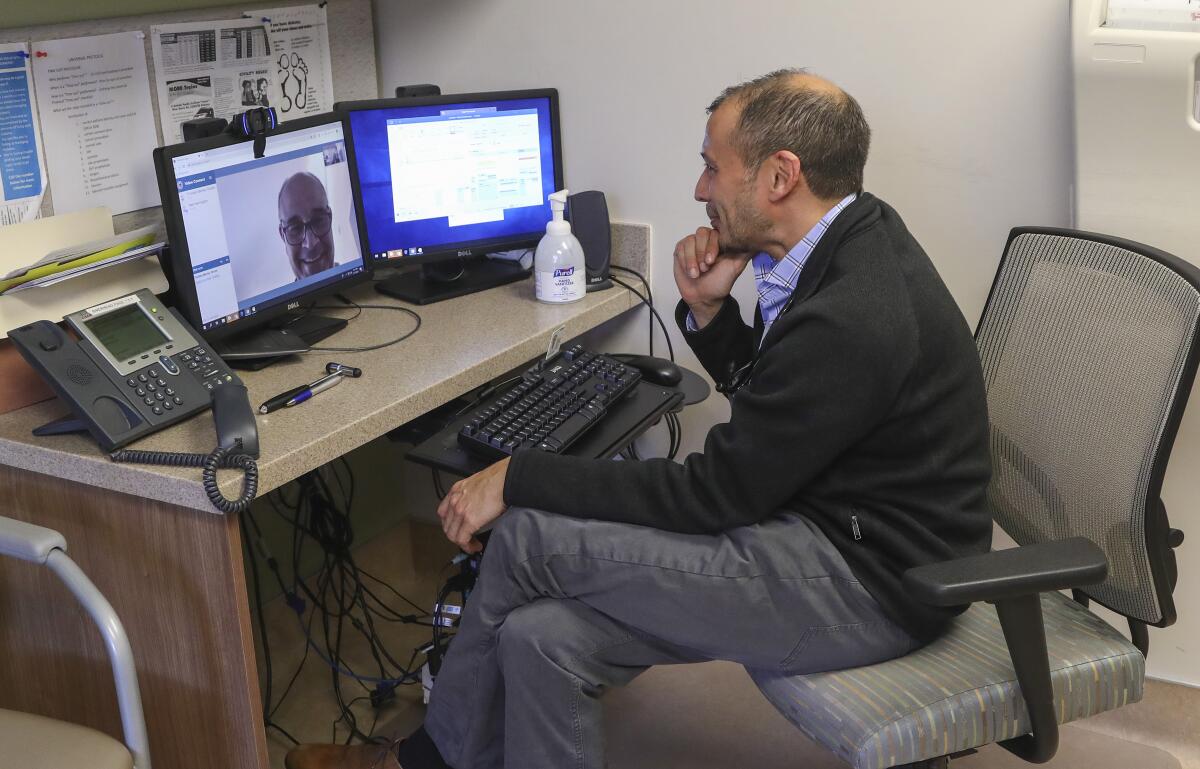
The Rise of Innovative Cancer Diagnostics
Cancer diagnosis has undergone a remarkable transformation in recent years, thanks to the rapid advancements in technology. From genome editing tools like CRISPR to cutting-edge imaging techniques, the medical community. It now has an arsenal of sophisticated tools to detect cancer earlier and with greater precision.

One of the key innovations is the use of artificial intelligence (AI) in cancer diagnosis. AI algorithms can analyze vast amounts of data, medical images and electronic health records. Identifying patterns and tailor treatment plans for individual patients. This personalized approach to cancer care holds immense promise in improving outcomes.
Revolutionizing Cancer Treatment with Cutting-Edge Therapies
Alongside advancements in diagnostics, the cancer treatment landscape has also been transformed by technological breakthroughs. Immunotherapy, for instance, harnesses the power of the patient’s own immune system to fight cancer cells, leading to significant improvements in treatment results for certain types of blood cancer.

Another game-changing technology is nanotechnology, which allows for the targeted delivery of cancer-fighting drugs directly to the tumor site, potentially increasing the effectiveness of treatment while minimizing side effects.
Telehealth: Bringing Cancer Care to Patients’ Doorsteps
The COVID-19 pandemic has accelerated the adoption of telehealth in the healthcare industry, and cancer care is no exception. Telehealth technologies enable remote monitoring, video consultations, and even in-home chemotherapy, making cancer treatment more accessible and convenient for patients, especially those living in remote or underserved areas.

By leveraging telehealth, cancer care providers can also expand the reach of clinical trials, allowing more diverse groups of patients to participate and benefit from the latest advancements in cancer research.
The Future of Cancer Care: Embracing Technological Innovations
As we look to the future, the continued advancement and integration of technologies like CRISPR, AI, and robotic surgery will undoubtedly play a pivotal role in the fight against cancer.
By harnessing the power of these innovative tools and healthcare professionals. They can detect cancer earlier, provide effective treatments, and improve the quality of life and outcomes for cancer patients. As we continue to push the boundaries of what’s possible, the future of cancer care looks brighter than ever before.













